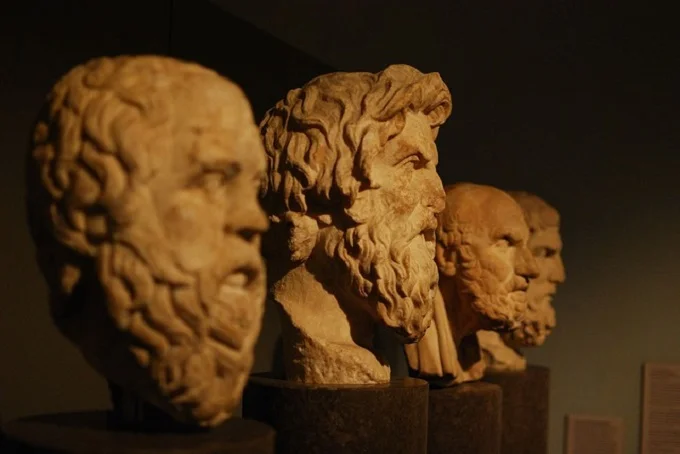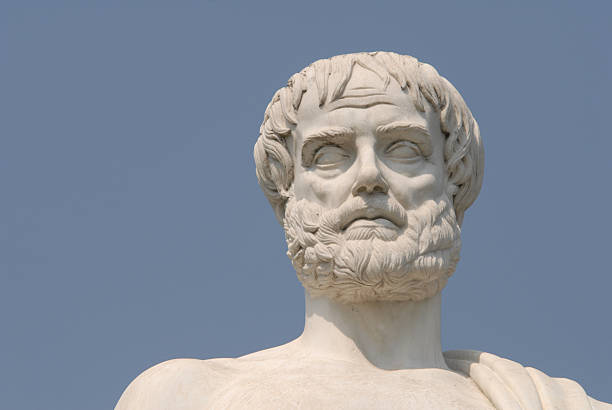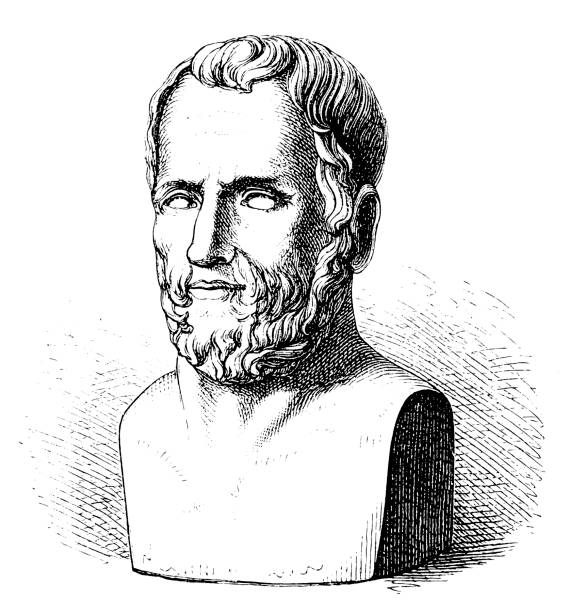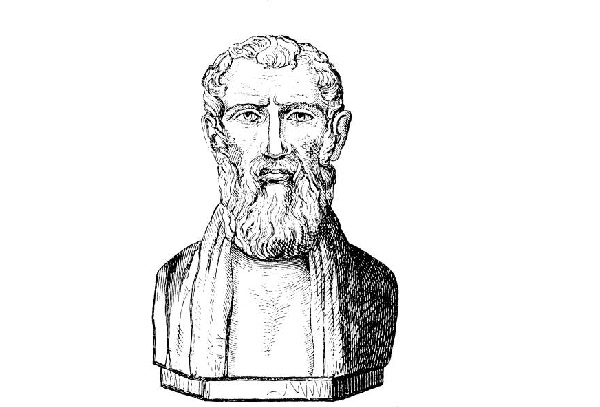Great philosophers and their incredible vision of this world

Plato, Aristotle, Zeno, Confucius – you have heard a lot about these great philosophers, but do you know what views they held and how their views affect modern people and our society? We want to not only educate you but also enlighten you, so it’s time to take a break from the modern philosopher Jason Statham and learn more about the great thinkers of the past.
Aristotle

One of the most prominent philosophers who was not afraid to be an innovator and boldly spoke about his views and beliefs. He influenced not only his contemporaries but also the philosophers of our time.
Aristotle argued that the whole world rests on a hierarchy system, and man is at its top. In the Middle Ages, Christians used this theory, substantiating a person with the main creation of God, for which he is responsible for all his actions and life on earth.
The scientist believed that a person should be intellectual and develop his mind in every possible way because intelligence is the greatest potential given to humanity. In addition, as Aristotle argued, a full-fledged person should be kind because it is the desire to help others that reflect the essence of a person.
Confucius

One of the most famous philosophers in the history of the East. We consider democracy to be an invention of friendly Greeks, but Confucius raised the issue of the essence of power and politics at the same time. Although he actively defended the idea of the indisputability of the emperor’s power, at the same moment, he argued that the ruler should be honest, that the respect of his subjects must be earned through good deeds, and not by force and threats, because power should not be based on fear.
According to him, a good emperor must respect and listen to his people and get acquainted with people’s ideas and proposals. Any ruler who deviates from such rule and uses force to gain respect is a tyrant and does not deserve the power given to him.
Confucius developed the theory of the golden rule:” Do not impose on others what you do not wish for yourself.” He expanded this theory towards virtue and said that there is a striving for good in human nature, which is what each of us should strive for.
Epicurus

Often, his views are distorted and interpreted as a call to excesses. He focused on making a person happy and looked for all sorts of ways to fulfill this need. Epicurus did not see the need to suffer unnecessarily, to limit oneself unnecessarily, because a person who lives wisely and intellectually does not need this. The philosopher believed that artificial restrictions only harm the individual and do not fully realize himself.
In his opinion, living wisely means avoiding dangers, illnesses, choosing acceptable food for oneself, and not denying the little joys of life. To live justly means to live so as not to harm others, and if you adhere to this path, you lead a righteous life, according to Epicurus.
If you think about his words, everything is as simple as possible: do not harm your neighbor – you will be known as a just person. And after all, these views are relevant to our days.
Plato

In his opinion, the world that we perceive with the help of feelings is imperfect, and its ideal form is eternal and unchanging. All beautiful things are so good only because they correspond to the generally accepted concept of beauty and not because they are beautiful in themselves.
Plato argued that body and soul are two separate entities. With the help of the body, we can perceive beauty (and it is not the truth, according to his assurances) and justice (which is also relative). The soul can learn about the world without relying on templates and generally accepted values.
Plato’s teachings influenced Christianity by explaining the difference between soul and body. The thinker’s idea was a call for us to look at this world from our own point of view and not through the prism of formed views and imposed stereotypes of society.
Zeno of Citium

Most likely, you have heard of this philosopher as the founder of the school of stoicism. Zeno argued that suffering is our fault, and its cause is the lack of control of the will. He believed that a person must fully learn to control their emotions because this is the only way to achieve peace of mind. In his opinion, sadness, anger, rage speak of personality flaws that can be easily overcome.
Zeno believed that our world reflects our thoughts, and our environment depends only on a person. His philosophy is similar to that of Buddhism, which says that we ourselves create our suffering, and our expectations cause it.
According to the philosopher, we should not get upset; we need to perceive things without excessive drama. For example, death is a natural part of a person’s life cycle; for this reason, it makes no sense to elevate it to an absolute.
Consumerism, excessive and high expectations from life are the causes of much suffering.
René Descartes

Descartes is known as the father of modern philosophy. As one of the most famous modern philosophers, he talked about the superiority of the mind over the body. René suggested that our strength lies in the ability to control and ignore our weaknesses due to the body’s imperfection and rely only on the infinite strength of our mind. Most likely, you have heard his famous saying, “I think; therefore I am,” which is the motto of many thinking people today. With this statement, Descartes sought to prove not the existence of the body because it is obvious, but the existence of the mind, which makes a person a person.
The philosopher believed that our perception of the world was distorted. The only method you can get to the bottom of the truth is the path of evidence and refutation. This approach is the true way to get to the bottom of things and the truth combined with scientific methods.




